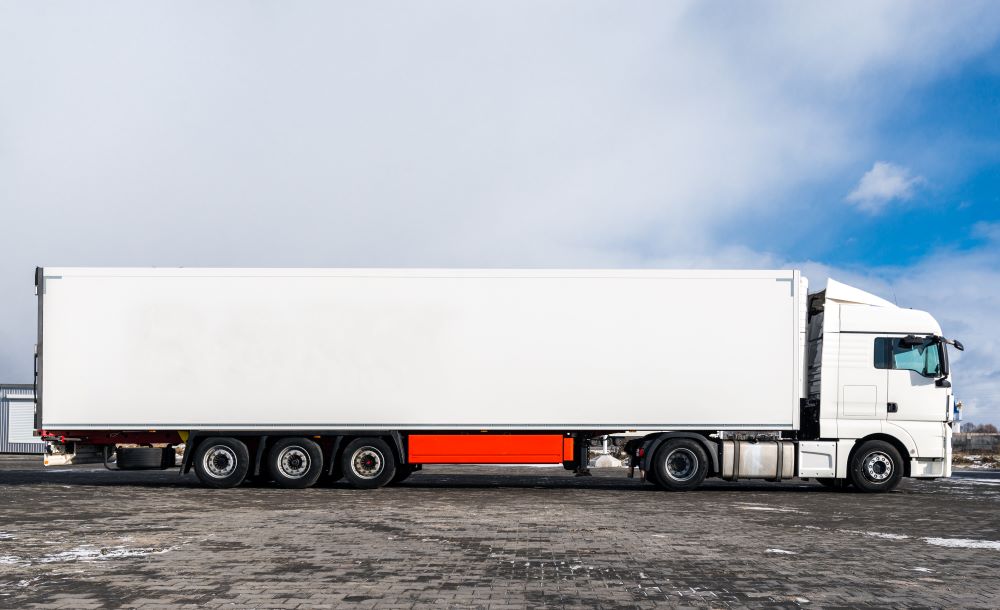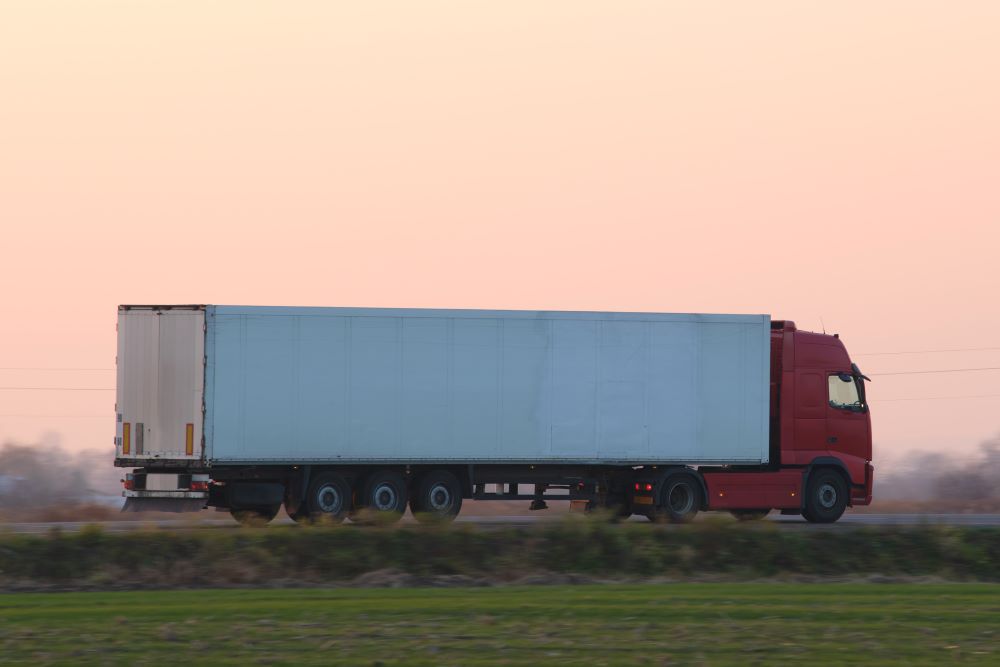I agree to the Terms & Conditions


General
General Products
Simple & Transparent! Policies that match all your insurance needs.


37K+ Reviews
7K+ Reviews
Scan to download
Life
Life Products
Digit Life is here! To help you save & secure your loved ones' future in the most simplified way.


37K+ Reviews
7K+ Reviews
Scan to download
Claims
Claims
We'll be there! Whenever and however you'll need us.


37K+ Reviews
7K+ Reviews
Scan to download
Resources
Resources
All the more reasons to feel the Digit simplicity in your life!
 Tools & Calculators
Tools & Calculators


37K+ Reviews
7K+ Reviews
Scan to download
37K+ Reviews
7K+ Reviews
 Logout
Logout
Our WhatsApp number cannot be used for calls. This is a chat only number.


2000+ Cashless
Network Garages
96% Claim
Settlement (FY23-24)
24*7 Claims
Support
I agree to the Terms & Conditions

Terms and conditions

Trailer trucks emerge as the unsung heroes, seamlessly connecting the nodes of our global supply chain.
In this article, we will delve into the world of trailer trucks, exploring their various types, benefits, and indispensable roles in our daily lives. Along with this, you should think about obtaining a truck insurance policy to protect the vehicle in the event of an accident.
A trailer truck, often called a semi-truck or tractor-trailer, is a heavy-duty vehicle for transporting goods over long distances. It is characterised by its distinct configuration, consisting of a powerful engine and one or more trailers to carry cargo.
Trailer trucks come in various sizes and configurations, but they are typically larger and more powerful than other commercial vehicles on the road

Trailer trucks come in various types and configurations, each suited to specific tasks, Here are ten common types:
Knowing the benefits of trailer trucks is crucial for drivers involved in the trucking business, benefits include:
Trailer Trucks facilitate the smooth operation of countless industries, from logistics and construction to food and energy. As the world evolves, trailer trucks are evolving with it. They are becoming more efficient, environmentally friendly, and technologically advanced, promising a brighter and greener future for road transportation.
In addition to this, as required by law, you must safeguard your truck with third-party insurance.
The price of a trailer truck in India can vary widely depending on factors like the brand, model, and specific features, with prices ranging from ₹ 25 lakhs to over ₹ 82 lakhs or more.
The price of a trailer truck in India can vary widely depending on factors like the brand, model, and specific features, with prices ranging from ₹ 25 lakhs to over ₹ 82 lakhs or more.
The frequency of maintenance for trailer trucks in India varies, but they typically undergo regular checks and servicing every 60,000 to 1,20,,000 kilometres or as needed based on usage and condition.
The frequency of maintenance for trailer trucks in India varies, but they typically undergo regular checks and servicing every 60,000 to 1,20,,000 kilometres or as needed based on usage and condition.
The most typical enclosed trailer widths are 5', 6', 7' and 8.5'. They normally range in length from 8 to 32 feet. Any enclosed trailer is typically 7' tall in terms of height.
The most typical enclosed trailer widths are 5', 6', 7' and 8.5'. They normally range in length from 8 to 32 feet. Any enclosed trailer is typically 7' tall in terms of height.
Please try one more time!
Other Important Articles About Truck
Other Important Articles about Commercial Vehicle Insurance
Have queries related to Digit motor insurance policy? You can refer to our Policy Wordings for detailed information or reach out to our support team via WhatsApp self-support, email or phone using the information below:
Connect with our self-serve chat bot support - 7026061234
Write to us at hello@godigit.com
Contact
Call us on 1800-258-5956
Other Motor Insurance Plans and Guides
Currently there are no news to show.
Read More
Renew & Download Policy Document, Check Challan, Credit Score, PUC & more
Anytime, Anywhere. Only on Digit App!

4.7
Rated App56K+ Reviews
4.7
Rated App
56K+ Reviews
4.3
Rated App11K+ Reviews
4.3
Rated App
11K+ Reviews
Scan to Download


Author: Team Digit
Last updated: 07-04-2025
CIN: L66010PN2016PLC167410, IRDAI Reg. No. 158.
Go Digit General Insurance Limited | Corporate Office Address: Atlantis, 95, 4th B Cross Road, Koramangala Industrial Layout, 5th Block, Bengaluru 560095 | Registered Office Address: 1 to 6 floors, Ananta One (AR One), Pride Hotel Lane, Narveer Tanaji Wadi, Shivaji Nagar, Pune-411005, Maharashtra | Trade logo of Go Digit General Insurance Ltd. displayed above belongs to Go Digit lnfoworks Services Private Limited and is provided and used by Go Digit General Insurance Ltd. under license.
Explore exclusive features, file claims & access policy on Digit App!
You can also scan this QR code to download the App.
